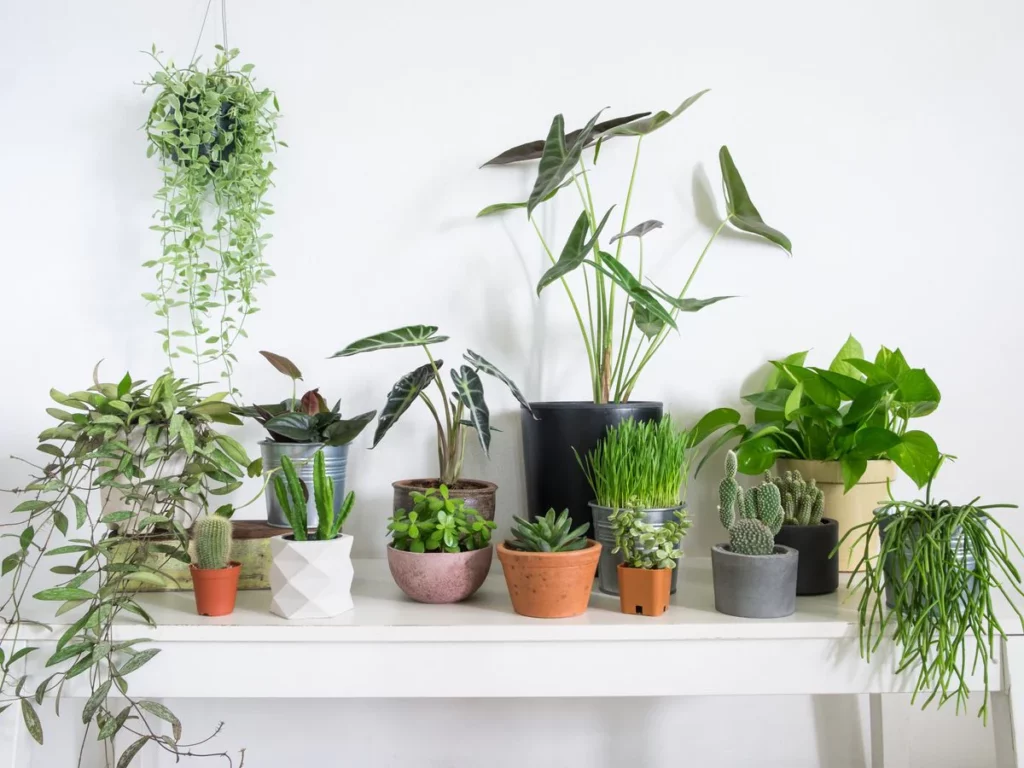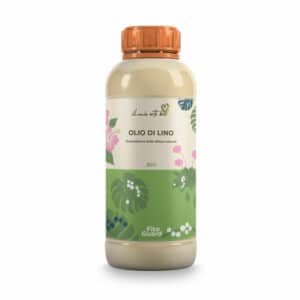Four Things to Do When You Move Plants Indoors for Winter
Winter can present unique challenges for plant care, especially in Mediterranean climates where the weather can be unpredictable. While some plants may thrive in these conditions, others might need a little extra attention to survive the colder months. Here are some essential tips to ensure your plants stay healthy and vibrant during winter:

Pick the right location
Sheltered Spaces: During winter, it’s crucial to position your plants in sheltered areas to protect them from harsh winds and sudden temperature drops. Consider moving potted plants closer to walls or under the eaves of your house to provide them with some protection from the elements.
Sunlight Exposure: Despite the cooler weather, many plants still need sunlight. Ensure they receive adequate sunlight during the day by placing them strategically where they can catch the winter sun. Be mindful of shorter daylight hours and adjust plant placement accordingly.
Stay pest-free
Vigilant Monitoring: Winter doesn’t necessarily mean pests disappear. Keep an eye out for common winter pests like aphids, spider mites, and snails that may thrive indoors or in sheltered outdoor areas. Regularly inspect your plants for any signs of infestation and take necessary measures promptly.
Natural Remedies: Consider using natural pest control methods such as neem oil or insecticidal soaps.
Adjust your plant food
Reduced Fertilization: During winter, plant growth tends to slow down. Adjust your fertilization schedule accordingly, as excessive fertilization during this period might harm the plants. Opt for a balanced, slow-release fertilizer or use organic compost to provide essential nutrients to your plants without overwhelming them.
Water only as needed
Moderation is Key: While it might seem counterintuitive, some plants still require consistent watering during winter. However, be cautious not to overwater. Check the moisture levels in the soil regularly and water only when the top inch or two of soil feels dry. Adjust watering frequency based on plant needs and environmental conditions.
Mind Temperature Fluctuations: Mediterranean climates can experience fluctuations in temperature during winter. Avoid watering in the late afternoon or evening to prevent the formation of ice on leaves and roots, which can damage the plants.

Taking care of plants during winter in a Mediterranean climate involves a delicate balance between providing necessary care and allowing them to adapt naturally to seasonal changes. By understanding your plant’s specific needs and implementing these tips, you can help them thrive even during the colder months.


